
Rock and roll has long been associated with rebellion, chaos, and intensity, and the bands that inhabit this space often live up to the wild reputation. However, beneath the public feuds, backstage altercations, and onstage fistfights lies a much deeper issue: the mental health struggles that often accompany the fame, pressure, and substance abuse tied to the rock star lifestyle.

The Pressure Cooker of Fame
For many musicians who reach mainstream success, the weight of public expectation becomes unbearable. While achieving fame is a dream come true for many, the constant pressure to perform, create new music, tour extensively, and live up to fan expectations can take a serious toll. This stress is often exacerbated by poor mental health support, as the music industry historically hasn’t prioritized emotional well-being.
In the cases of bands like Jane’s Addiction and Mötley Crüe, both of which have enjoyed decades of success, these pressures can turn into long-standing resentments, particularly when mixed with egos, creative differences, and differing visions for the future. For example, the recent altercation between Jane’s Addiction frontman Perry Farrell and guitarist Dave Navarro during a concert highlights the volatility that can arise when band dynamics implode. What fans see as a fight is often the result of years of unresolved personal conflicts, worsened by mental health challenges and the coping mechanisms artists use to deal with them, which often include alcohol and drugs.
Jane’s Addiction band has spoken out about their ongoing ‘inner’ drama:
“We want to extend a heartfelt apology to our fans for the events that unfolded,” the band wrote in a statement shared on their Instagram story. “As a result we will be canceling tomorrow night’s show in Bridgeport.”
Assuring fans that refunds would be offered at the point of purchase, the rock band offered no additional details on the shocking incident.
According to Grunge.com, it turns out that Jane’s Addiction “isn’t just some cool band name Perry Farrell and company created out of the blue.”
Billboard reports that the band was named after a real person — specifically, one of Farrell’s housemates at the time, Jane Bainter. In “Whores: An Oral Biography of Perry Farrell and Jane’s Addiction,” Karyn Cantor, Bainter’s first official photographer, explains that Bainter was an Ivy Leaguer with quite a drug problem. According to Billboard, Jane — and her heroin addiction — inspired the band’s name, and she became their muse.
Tommy Lee and Creed singer Scott Stapp have both struggled with sobriety, along with Vince Neil, who was involved in vehicular manslaughter when he killed drummer Razzle of Hanoi Rocks in a 1984 drunk driving crash. Neil’s very public struggles with obesity and the bottle has led to the rock star falling on and off the stage regularly, yet he has still been seen purchasing $10,000 bottles of booze instead of getting help.
Lee himself once served a short 6-month jail stint back in 1998 for domestic violence against his ex-wife Pamela Anderson.

Substance Abuse: The Double-Edged Sword
Many rock bands are notorious for their substance abuse, with drugs and alcohol being romanticized as part of the rock-and-roll lifestyle. However, for many musicians, these substances are not just recreational— they are often coping mechanisms for underlying mental health issues such as depression, anxiety, or trauma.
For instance, Mötley Crüe has long been associated with drugs and booze, with each band member struggling publicly with addiction, including bassist Nikki Sixx and former lead guitarist Mick Mars. As the group prepared for their final tour with the original lineup, tension boiled over in a practice session when Tommy Lee reportedly provoked lead singer Vince Neil by calling him “Vince Meal,” mocking his weight gain. The resulting altercation, where Neil allegedly tackled Lee into his drum kit, resulted in Lee breaking his ribs.
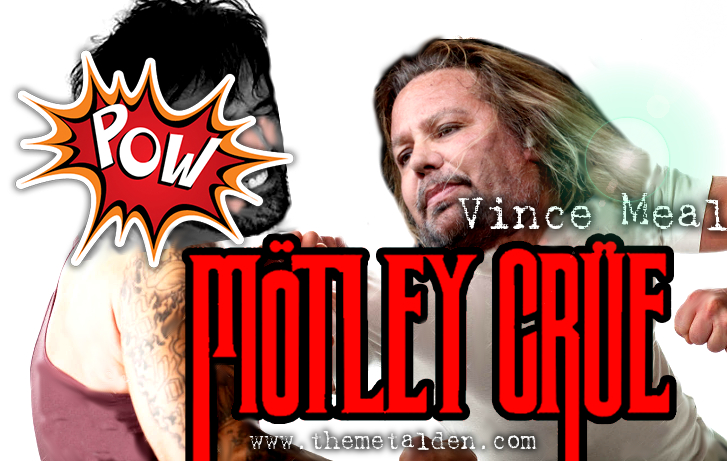
Though these moments can seem like humorous or dramatic events to the public, they reveal deeper issues of frustration, self-esteem, and emotional turbulence that plague these musicians. Substance abuse not only exacerbates mental health issues but also impairs judgment, making conflicts more likely to escalate into violence.
The Erosion of Band Unity
One of the most challenging aspects of band life is maintaining unity, especially when bandmates grow up together, endure years of touring, and face immense pressure as a collective. Over time, small disagreements about creative decisions can grow into serious interpersonal rifts. These issues often get worse with age as musicians, already grappling with fame, experience personal crises like divorce, health issues, or financial disputes.
This was seen in the case of John 5, the talented guitarist who joined Mötley Crüe as a replacement and had a highly publicized falling-out on stage one time with his former employer, Marilyn Manson. Their onstage confrontation revealed the raw emotions and unresolved issues between the two, emblematic of many such spats in the industry. While on the surface, these fights seem like clashes of personality or ego, they often stem from deeper emotional struggles, mental health issues, and even a toxic work environment.
The Problem with Ignoring Mental Health
Historically, mental health within the music industry has not been taken as seriously as it should be. For decades, many musicians were expected to live the “sex, drugs, and rock ‘n’ roll” lifestyle, leading to burnout, addiction, and destructive behavior. The recent string of feuds and physical altercations between famous musicians highlights how unresolved mental health struggles and substance abuse can lead to chaos, both onstage and off.
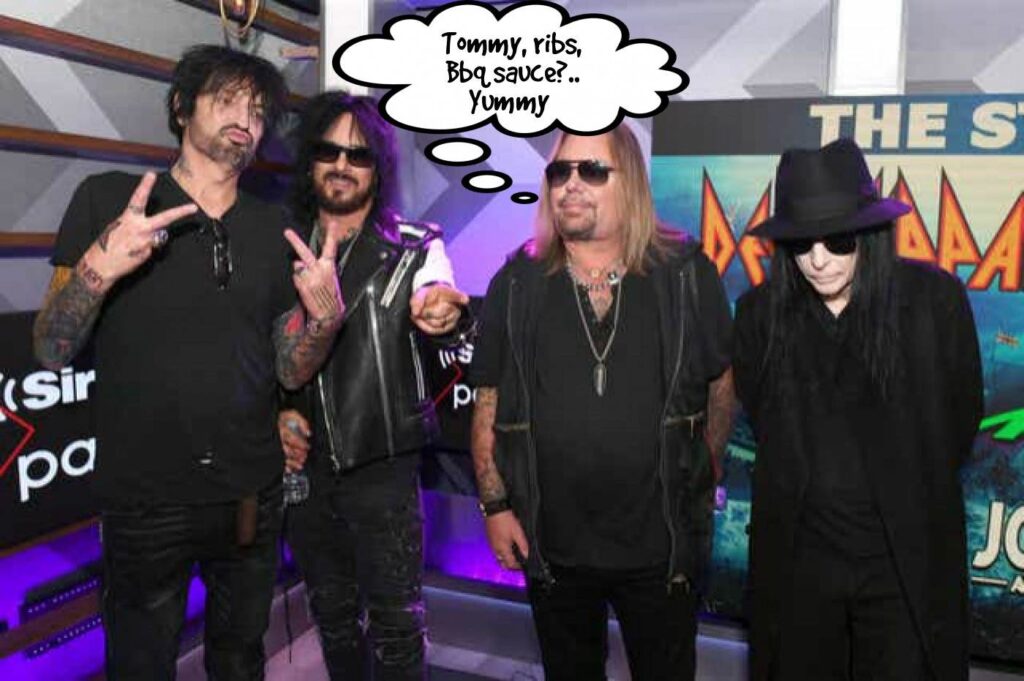
Despite society’s growing awareness of mental health issues, there’s still a stigma within the music industry. Musicians often fear that admitting to mental health challenges or seeking help will make them seem weak or will derail their careers. Instead, they turn to drugs or alcohol to cope, which only exacerbates their problems, leading to volatile outbursts, legal disputes, and even violence.
A Call for Change
The fights between musicians like Perry Farrell and Dave Navarro, or Vince Neil and Tommy Lee, serve as public reminders of the importance of mental health in the music industry. While these incidents make headlines for their shock value, the underlying causes—unaddressed mental health issues and substance abuse—are too often ignored.
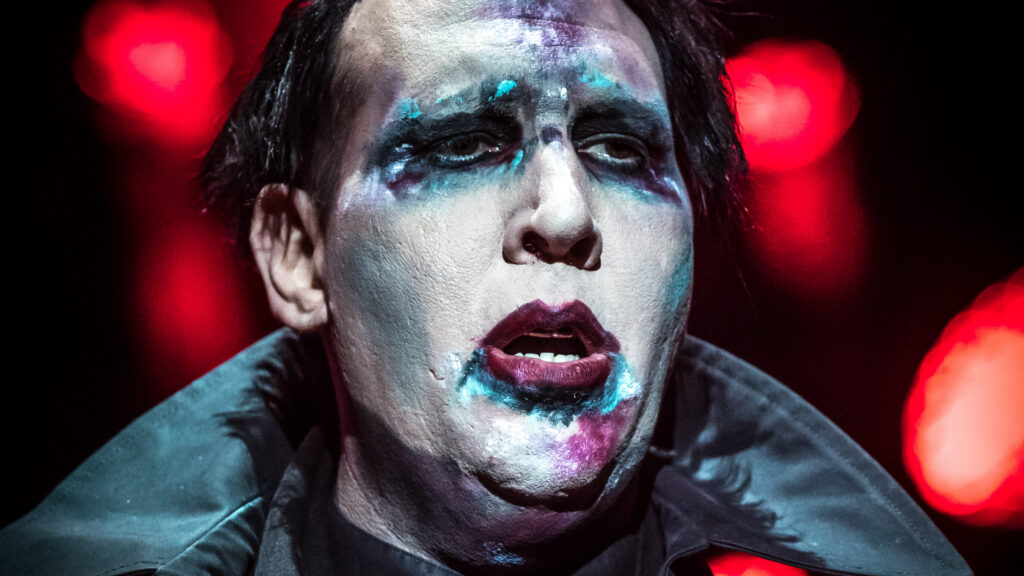
Musicians, like everyone else, are human beings with emotional and psychological needs. But the high-pressure environment of the music industry, coupled with the expectation to maintain an “edgy” image, often prevents them from seeking the help they need. If the industry continues to glorify destructive behavior while ignoring the mental health of its artists, these altercations will continue to be a painful and public consequence.
In the long run, fans, industry professionals, and musicians themselves need to push for a healthier approach to fame and success—one that prioritizes emotional and psychological well-being over the myths of invincibility and perpetual chaos that rock and roll has long propagated.


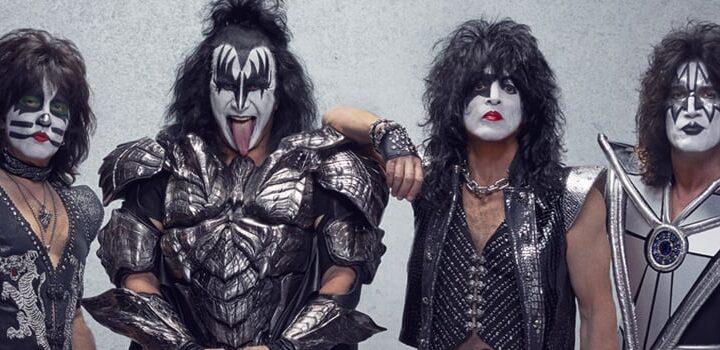
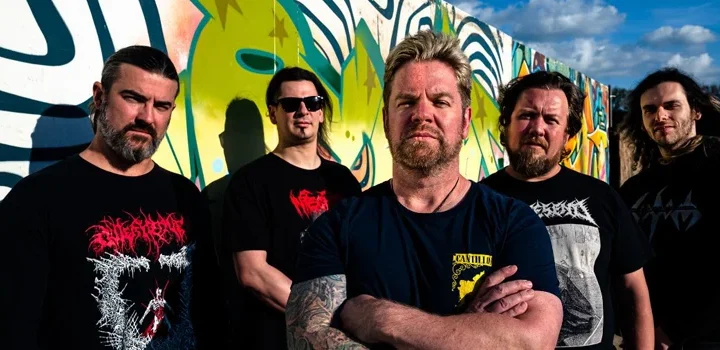

More Stories
Vince Neil Plane Crash: Another ‘PsyOp’ Designed to Mock Christians, the Satanic Connection with Sacrifice & Duality
Diddy’s Main Man Tommy Lee: “Hatched Plot to Kill Jeffrey Epstein” Over A Decade Ago, Says Industry Insider
Damning Allegations by Mick Mars Against MÖTLEY CRÜE Unveiled: “The worship of Satan corrupted my ex-bandmates!”